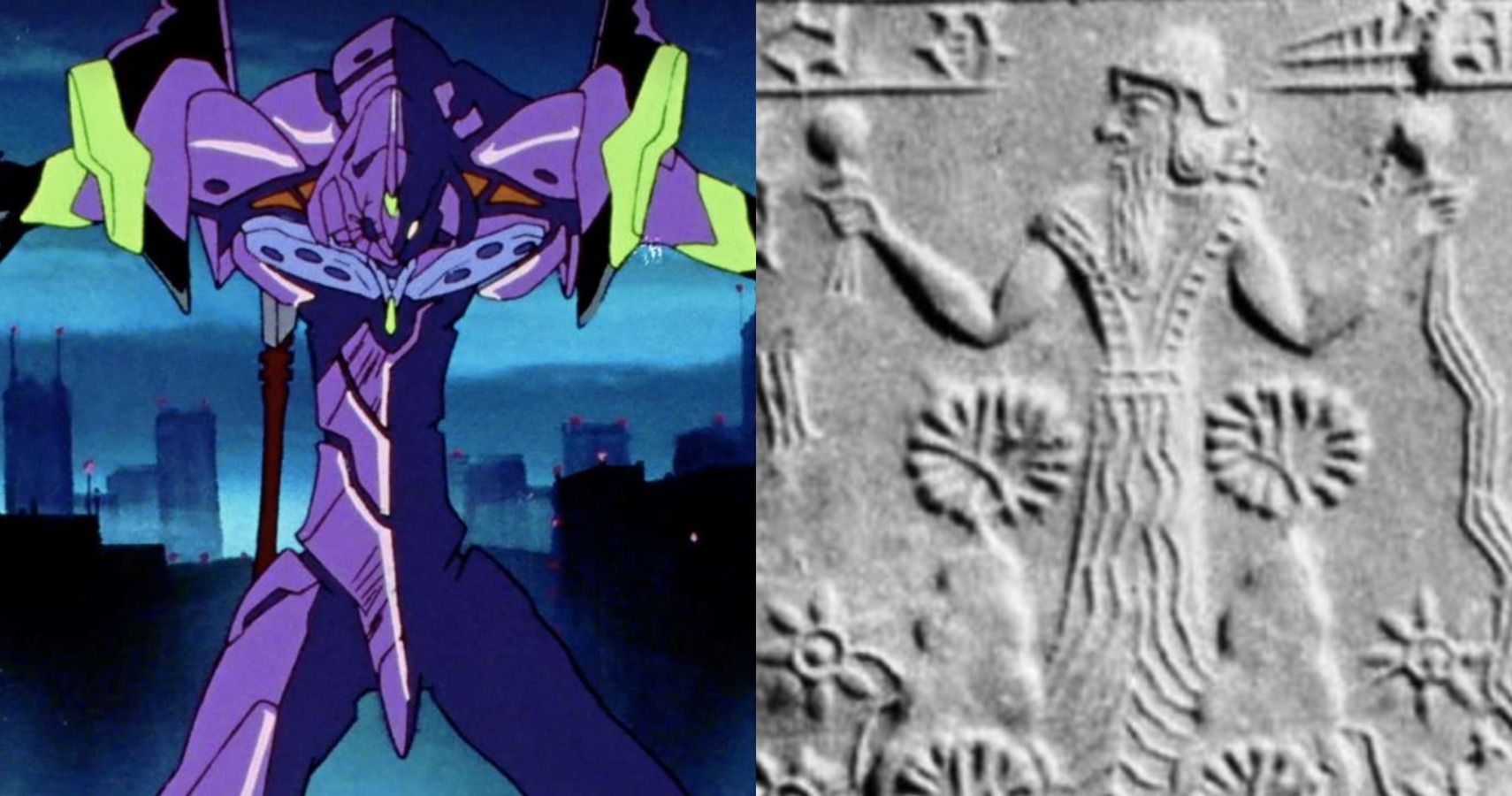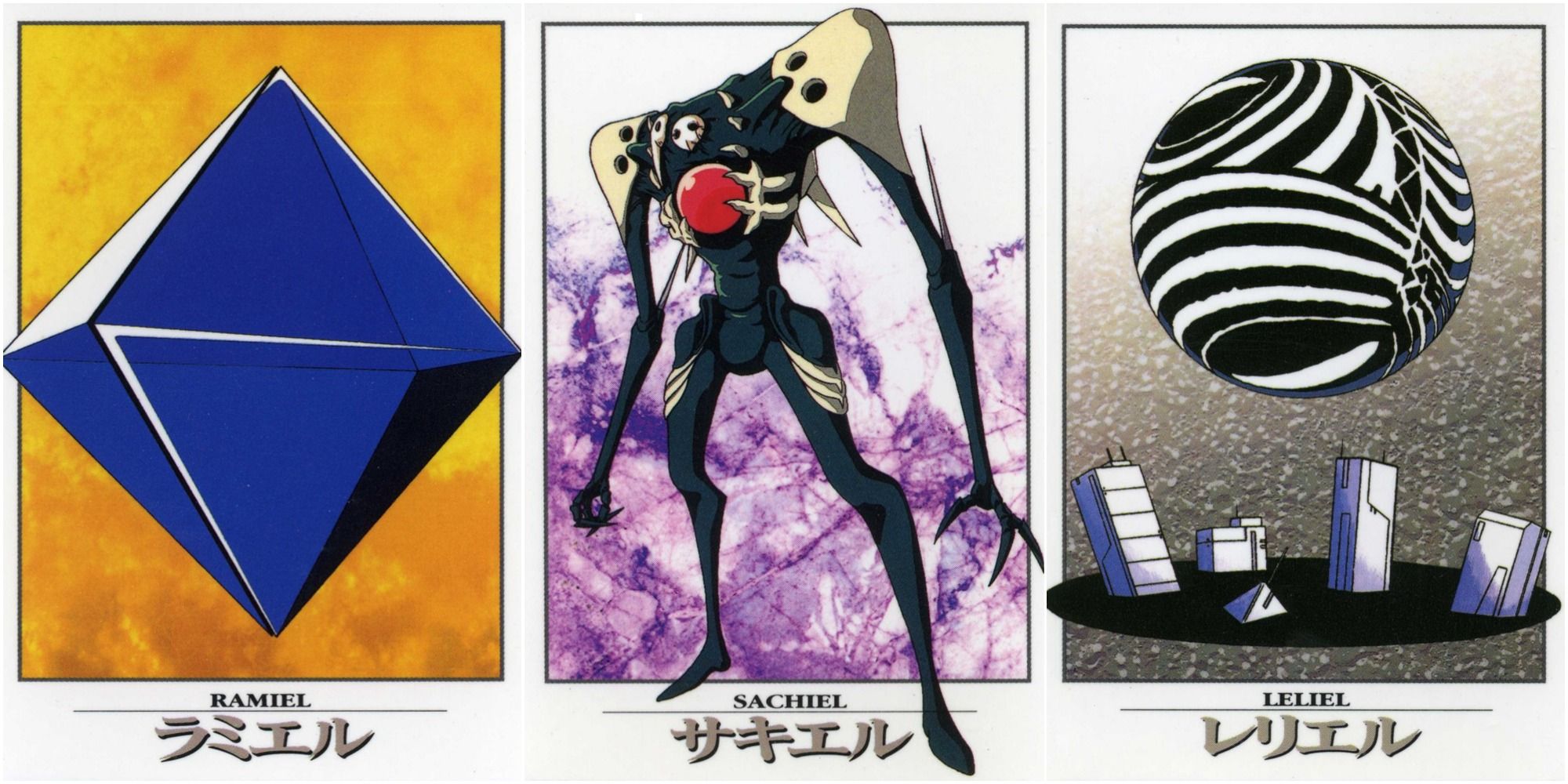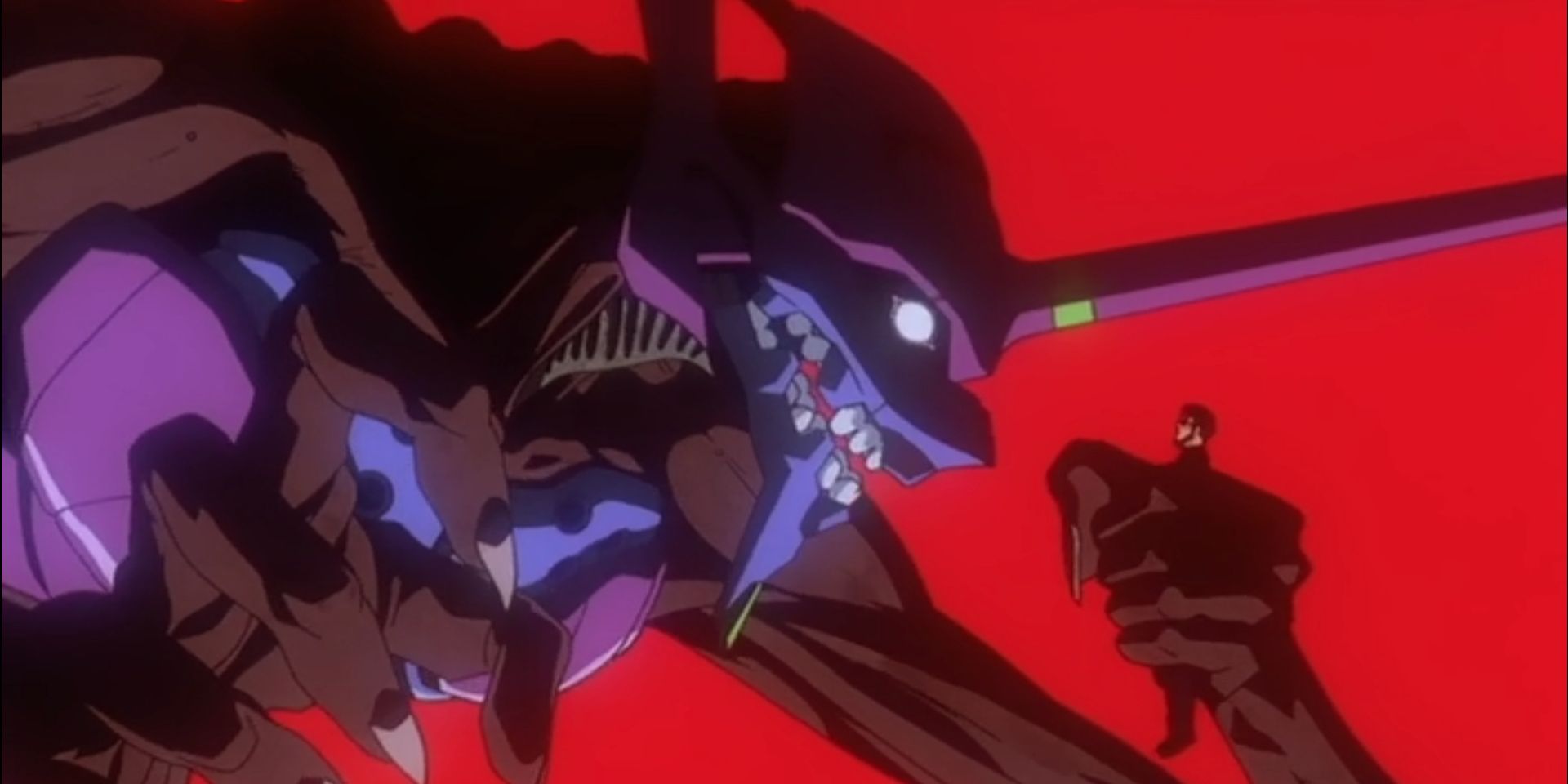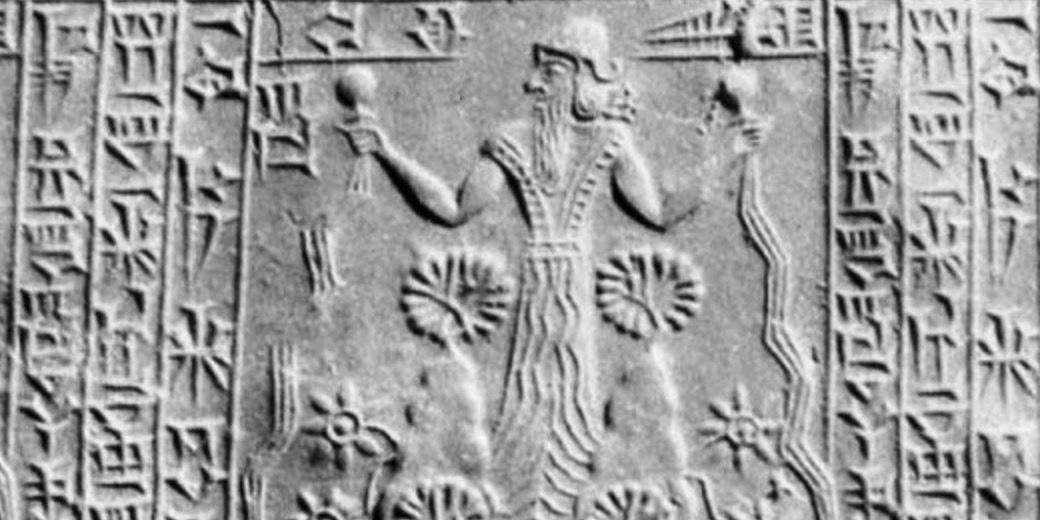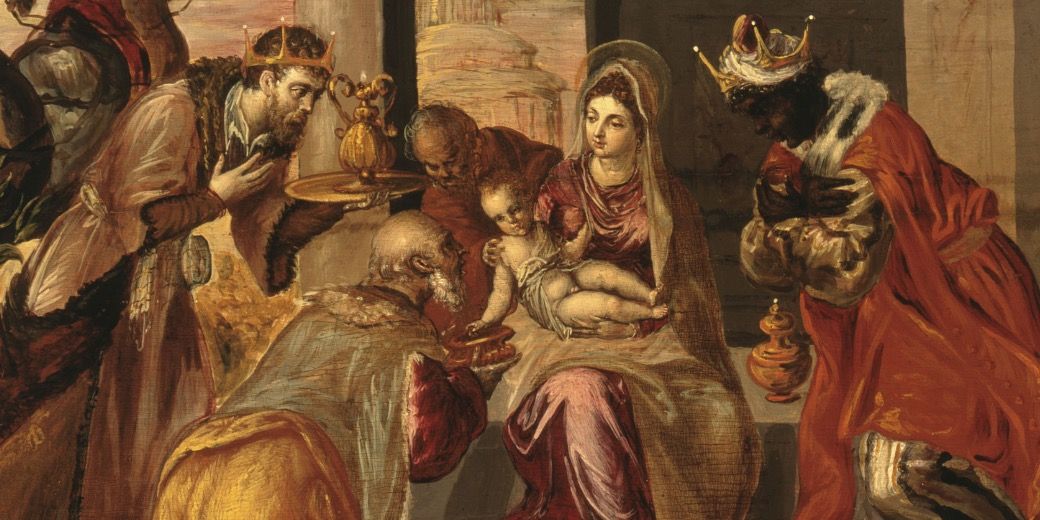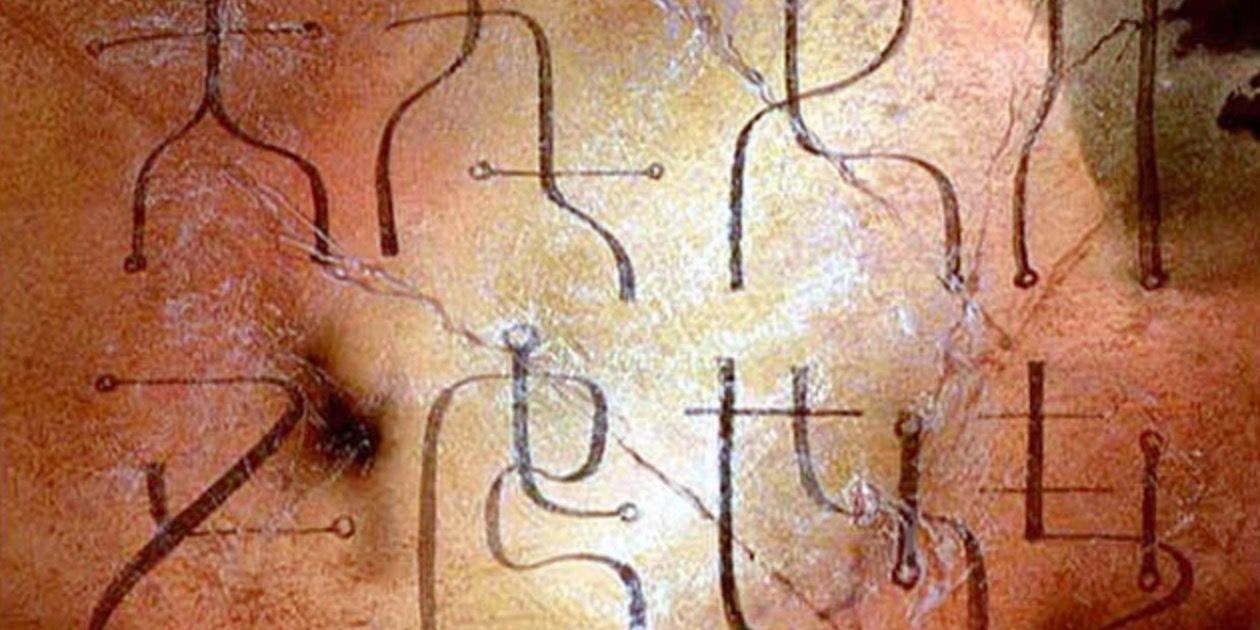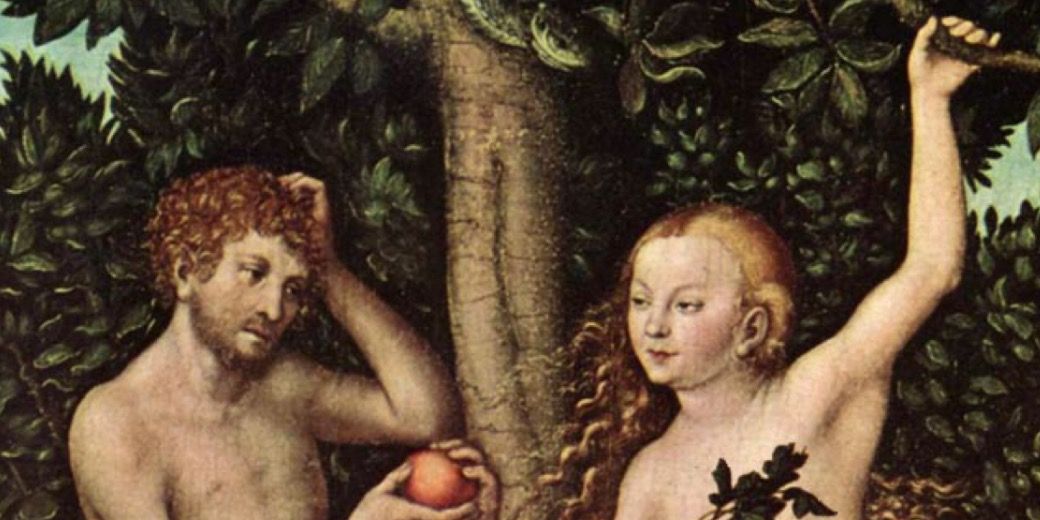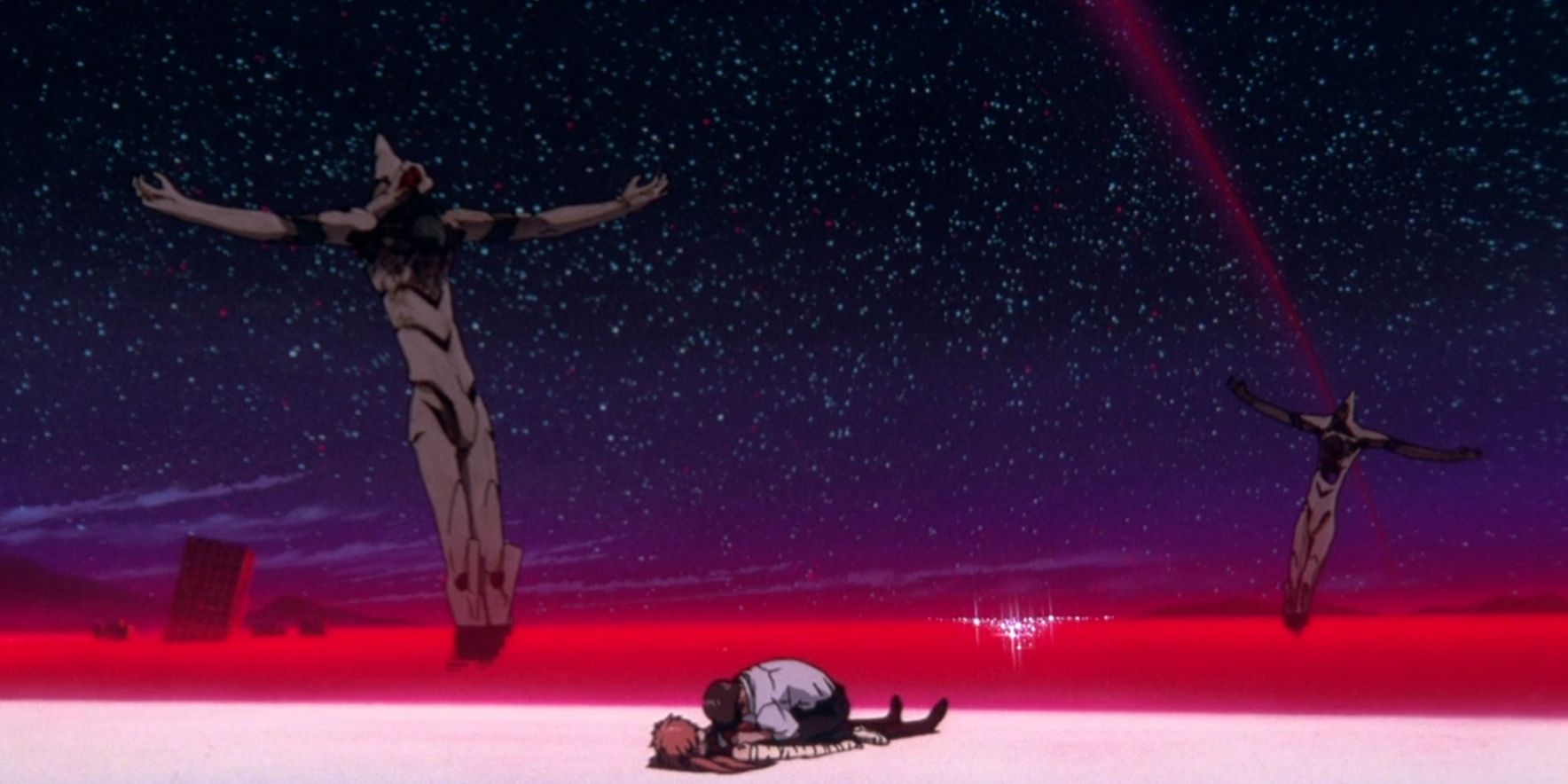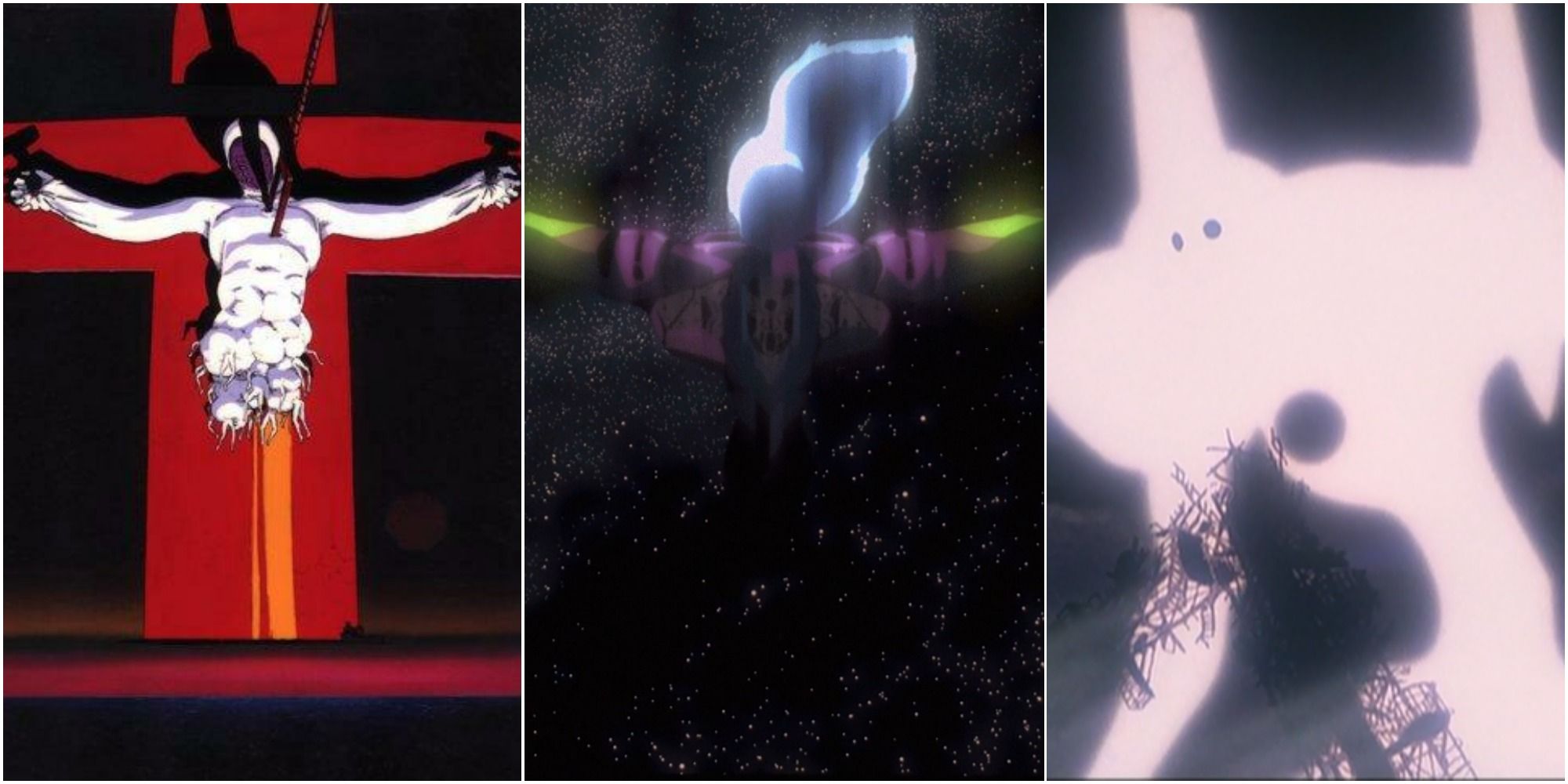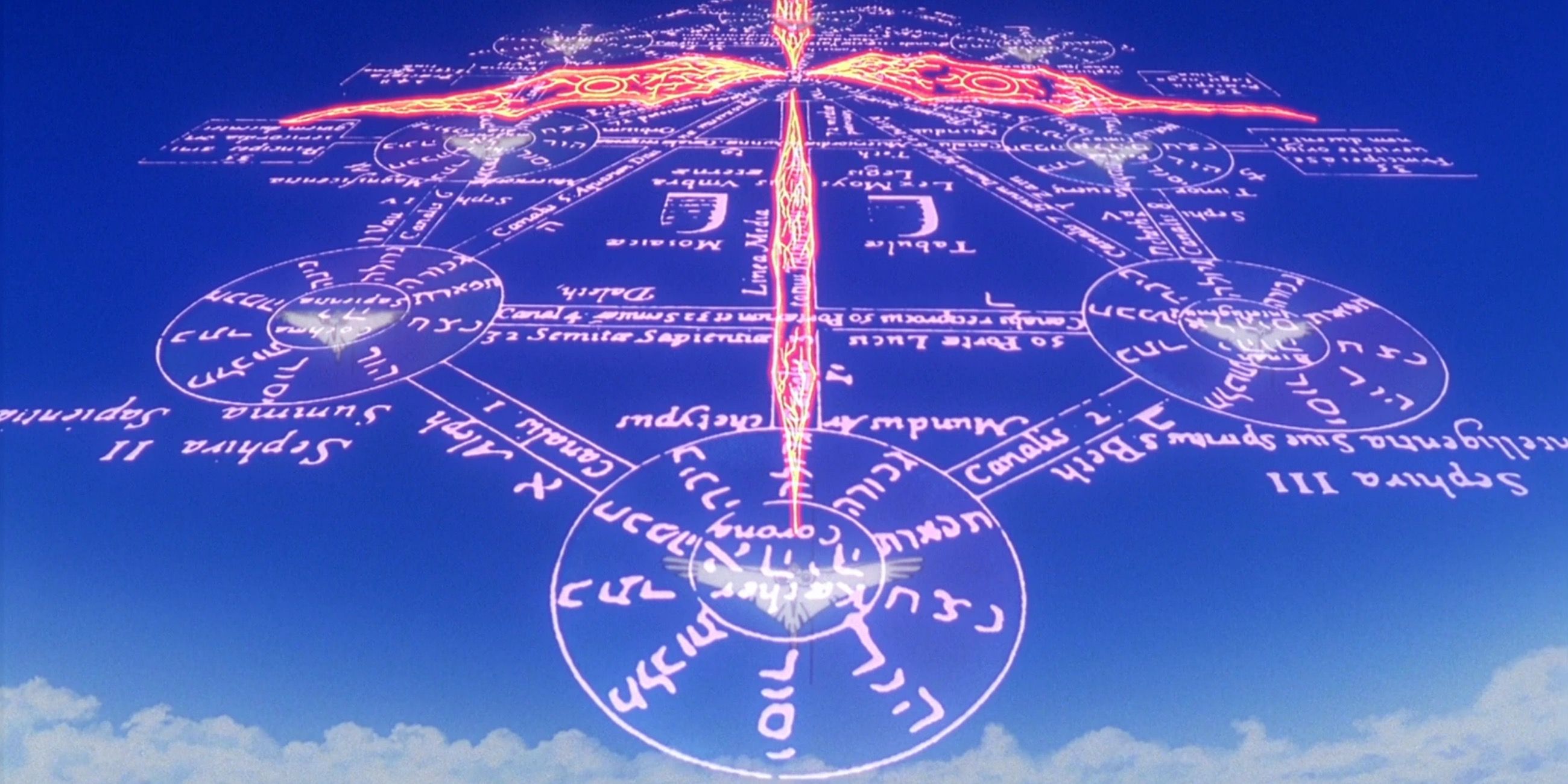The depth of each theme discussed in Neon Genesis Evangelion is made so much more complicated by interweaving them into each other — blending philosophy with emotion with psychology with everything else. Forget the notion of a non-linear narrative, this show takes audiences on a fractal roller-coaster that is only revealed to have no end by, well, the ending.
One of the prominent motifs that Hideaki Anno, the showrunner, constantly refers back to is that of religion (with a specific focus on the Abrahamic faiths). The list below discusses a few commonly observed signs and symbols pertaining to spiritual doctrines in the Neon Genesis Evangelion franchise.
10 The Angels
The first opponent that Shinji fails to defeat (necessitating the activation of his mother's soul with Unit-01), is the Angel Sachiel, a cherubic angel in Kabbalah. His name means "the covering of God", implying either a veil or a protective housing.
There are a few Angels limited to the Evangelion universe, but others like Shamshel, Sandalphon, Sahaquiel and Ramiel are to be found in multiple readings of Judaistic and Christian theology. In the story, these characters are considered representatives of God, who have come to cleanse the Earth of human sin.
9 The Evangelions
The mechas built to counter the Angels, NERV's Evangelions, are actually just technologically-modified human beings and not enormous robotos. The term itself is Greek in origin, and can be literally translated to the Gospel (of Christianity), which basically refers to the "Good News" that the Almighty sends his followers.
Given that the Evangelion machines are alive — the soul of the pilot's mother is what powers them — they are a symbolic call to arms for all of humanity. Their fight against the Angels are proof that people will never be beaten down, not even by God.
8 The Marduk Institute
The fake front company for NERV, the Marduk Institute, is later exposed to be a series of 108 front companies whose "job" is to screen and identify the potential Children for the Evangelion program. The name Marduk is taken from Mesopotamian mythology, initially the guardian deity of 18th century BCE Babylon, and later becoming the most worshiped god in the region.
Another token of religion is the number of companies that make up Marduk, 108: this is a special number in both Hinduism (in which many central divinities possess a 108 names), and in Buddhism (the number of levels that a soul must endure before achieving the bliss of Nirvana.)
7 S.C. Magi System
The Supercomputing Magi System, created and maintained by the Akagi mother and daughter team, are the crux of all that is NERV, to the extent that the organization can be forced to self-destruct from within if the trinity decide it so.
This is an easy enough allusion to identify, as the Magi (or Wise Men) are best known as the three ancient kings who are the first to celebrate the birth of Jesus Christ. In fact, the computers are actually named after these Biblical icons: Melchior, Casper and Balthasar, respectively.
6 SEELE
SEELE is the secret organization behind the Human Instrumentality Project, which is nothing more than another excuse for rich old men to control a world that doesn't belong to them. The word means "soul" in German, suggesting that the council might believe in the idea of Heaven, Hell and the risks of Original Sin.
SEELE follows the doctrine espoused in the Dead Sea Scrolls, which are said to have similar origins to that of Adam and Lilith. They are based on documents of the same name that were discovered in 1947, in real life; consisting of a range of then-mysterious scribblings in Aramaic and Hebrew.
5 The Fruits Of Knowledge & Life
The Fruit of Knowledge hints at the apple growing on the Tree of the Knowledge of Good and Evil in the Garden of Eden. It is also known as the Forbidden Fruit, because Adam and Eve consume it against the will of God, and are cursed with the burden of morality. Ikari Gendo clearly agrees, seeing as he claims that "science is the power of man."
Similarly, the Fruit of Life is the term given to the Angels' energy source, and vaguely implies a relationship with the Fruit of the Holy Spirit — the tenet that describes the best way to live as via the nine traits of "kindness, gentleness, love, patience, faithfulness, self-control, goodness, peace and joy." Maybe the Angels aren't the villains after all.
4 The Crucifixion Of Christ
The visual depictions of the Cross are suffused throughout the show, for instance, in Central Dogma's Deep Underground Facility, in ominous shadows behind certain characters, in Evangelion-transport scaffolding, in the stance that Lilith is forced into, and even appears above the logo of the original series.
The Lance of Longinus, a weapon (?) belonging to the First Ancestral Race, is taken from the act by the Roman soldier Longinus, of piercing the abdomen of Christ and watching as it poured out water. He apparently was an instant convert, and has since been canonized as a Saint in the Roman Catholic Church.
3 Branches Of NERV
In the extended franchise, NERV has a series of branches where it runs various operations, two of which are the Golgotha Base and the Bethany base. Golgotha, or Cavalry, is the small hill outside the city of Jerusalem upon whose peak Christ was crucified, making it one of the most important sites in the religion.
On the contrary, the town of Bethany (now known as Al-Eizariya), is significant because it is where Jesus gives his final blessings to the eleven remaining Apostles, right before his Ascension into Heaven.
2 Lilith, Eve & Adam
The first Angels, Adam and Lilith are allegorical representations of the first humans ever created in specific versions of Jewish mythology (Eve came later when Adam decided he wanted a woman he could control.)
Lilith is a strong, independent woman who don't need no man, and walks out of Eden because she would rather live among the demons in the desert than believe herself to be inferior. Eve also plays a major role in the story, albeit indirectly in the form of Yui, Shinji's mother, whose final sacrifice is unfortunate but inevitable.
1 The Tree Of Sephiroth
The Kabbalic Tree of Sephiroth, or Tree of Life, is a complex pattern that depicts the ten times God speaks while creating the cosmos, with the Hebrew alphabet incorporated inside the number nodes. This emblem is displayed in the scene in which 01 is crucified by a swarm of new Evangelions, as well as in the opening credits sequence (and also in Gendo's office.)
The meaning behind the Tree of Sephiroth is a tad complex, but suffice it to say that it attempts to translate the language of God into a script that humans can, in theory, learn to appreciate.

